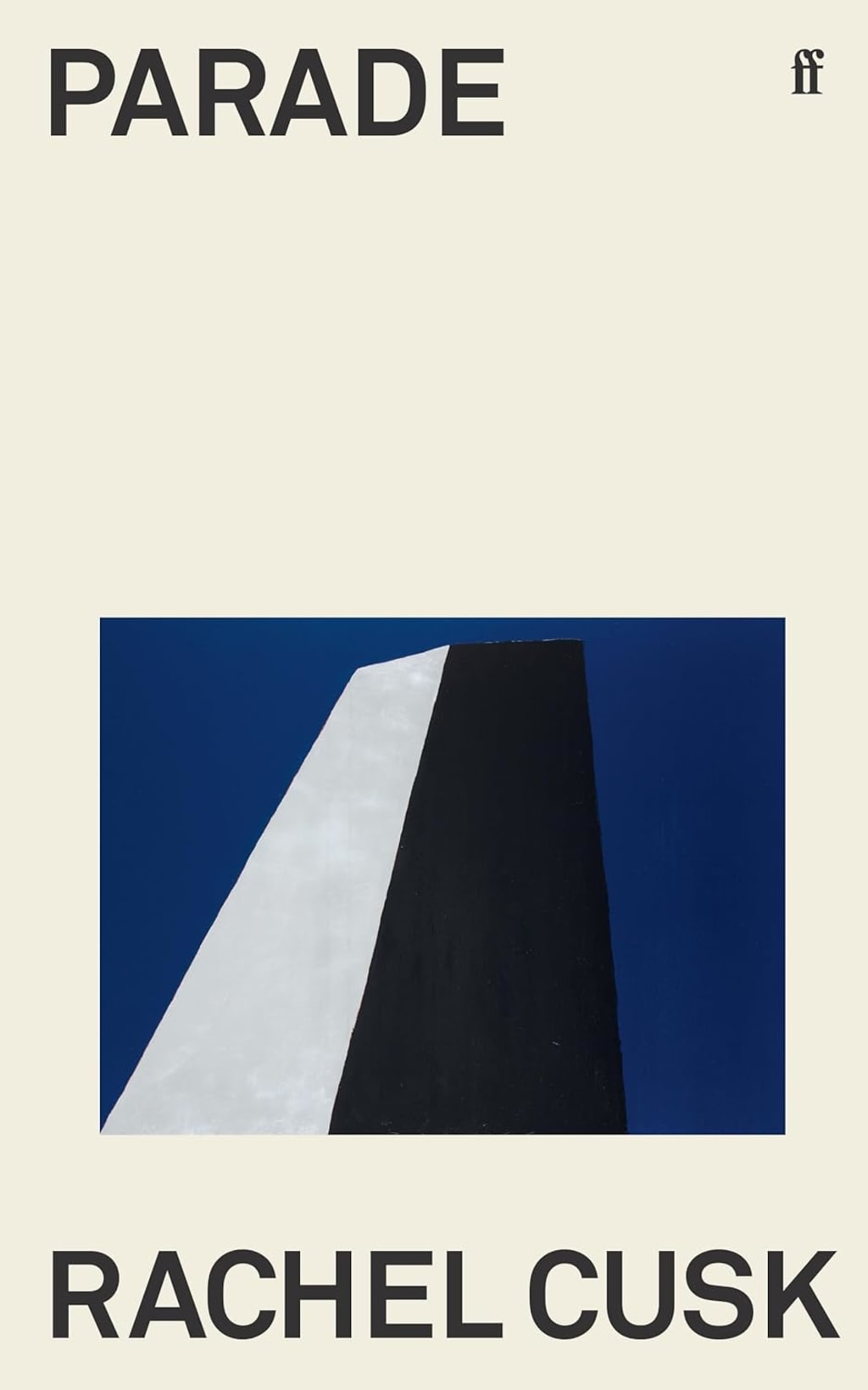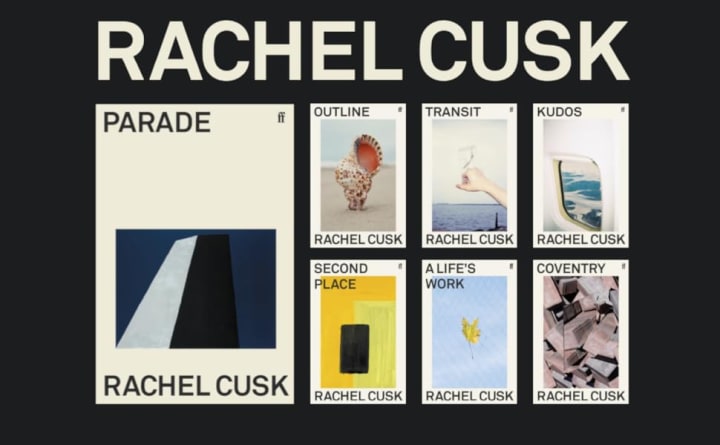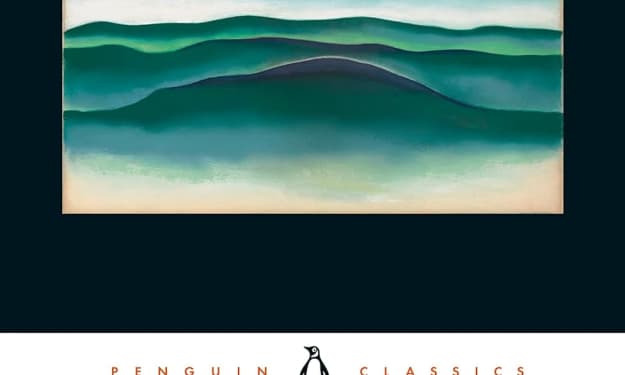Book Review: "Parade" by Rachel Cusk
3.5/5 - It starts off a bit shaky, but gets better throughout...

I have to admit that in the past, my reading of Rachel Cusk has been a fairly mixed bag. Back in 2020, I read her books Outline and The Country Life which I found to be quite post-modern. Now, whenever someone says 'it's post-modern' it doesn't mean it is out there for no reason. Instead what we are talking about here is that it is strangely and often non-chronologically introspective. The chronological narrative is littered with familiar feelings and patterns of flashbacks, the narrative constantly double-backing on itself.
Now, do I think that this has been continued with Parade? Somewhat. I tried hard to get into that space at the beginning but I have to admit that we are back to the mixed bag feeling. It is both a wonderful achievement of literature and highlights some very annoying characters to the reader. Within this though, there is definitely a lyricism to her writing which becomes more apparent and more fluent as the book moves on.

Parade is a set of four stories about the creation and meaning of art and how it plays some sort of position in our lives whether we ourselves are artists or not. Now, I didn't like the premise when I first heard it because it sounded rather full of itself. However, I will always give a book by Rachel Cusk a chance mainly because her writing can be very beautiful at times. Was this one of those times? Kind of.
In the midst of what can only be explained as a mid-life crisis, an artist starts painting his pictures upside down. Eventually, he ends up painting his own wife upside down whilst she continuously comments on the process. I'm not going to lie when I say that the artist in question sounds like the most unlikeable character of post-modern fiction, but the way this story reads seems like the author didn't really have much of a voice or tone yet. It happens later on.
The second part was better written. It's about a woman being attacked on the streets of Paris. This part, I thought was pretty contemplative as it is a nightmare for anyone to be attacked by someone they don't know as it's difficult to identify them. The attacker then treats the attack like a work of art, standing back to admire what she has done. However, I thought this metaphor was a bit far fetched even for Rachel Cusk who is known for her far fetched metaphors. The writing in this one is still pretty mundane and make us realise that this happens to people every single day is something that she is insanely good at.

The next story focuses on narratives and we use them to rationalise things, often at the detriment to ourselves. Looking at the stories they knew about her, a dead woman's children start to question the narratives that are true and are false about their mother. They begin the break them down and understand that maybe the things they knew either weren't true or were only half of the story. In Rachel Cusk's grief-stricken prose tinged with the want for liberation, this story is probably the best one in the whole book. I can honestly say that I can't fault it, especially not the ending.
I know that the final one has something to do with physical artwork, but in my eyes it also (like the previous one) has something to do with the way we create narratives around ourselves that may only be half true. One of those is through pseudonyms. An artist creates a whole host of these in order to conceal his artwork from the people he knows and loves, a way of concealing one's own true feelings from people who would be shocked or disheartened if they found out about them. Doing the opposite to his artist brother, one is hiding and one is not. It presents to us an excellent dichotomy and helps us understand why people use pseudonyms in the first place.

All in all, though it started off as a bit of a mixed bag, it got better as the book went on with the third story really being the stand-out here. I think that Rachel Cusk's work is too often overlooked by a lot of people who are into lots and lots happening in a book, but like Virginia Woolf and those who were inspired by her, Rachel Cusk turns the mundane into something magical, contemplated and philosophical with deep meanings that teach us how our behaviours make us who we are.
About the Creator
Annie Kapur
200K+ Reads on Vocal.
Secondary English Teacher & Lecturer
🎓Literature & Writing (B.A)
🎓Film & Writing (M.A)
🎓Secondary English Education (PgDipEd) (QTS)
📍Birmingham, UK
X: @AnnieWithBooks
Enjoyed the story? Support the Creator.
Subscribe for free to receive all their stories in your feed. You could also pledge your support or give them a one-off tip, letting them know you appreciate their work.






Comments (1)
You have piqued an interest in this one...